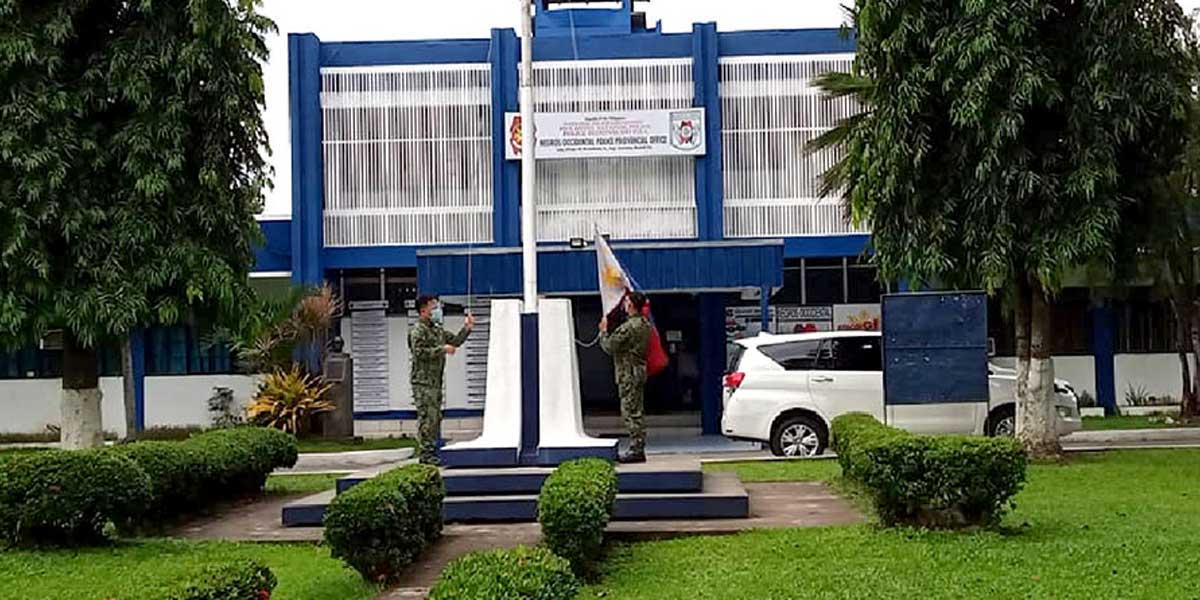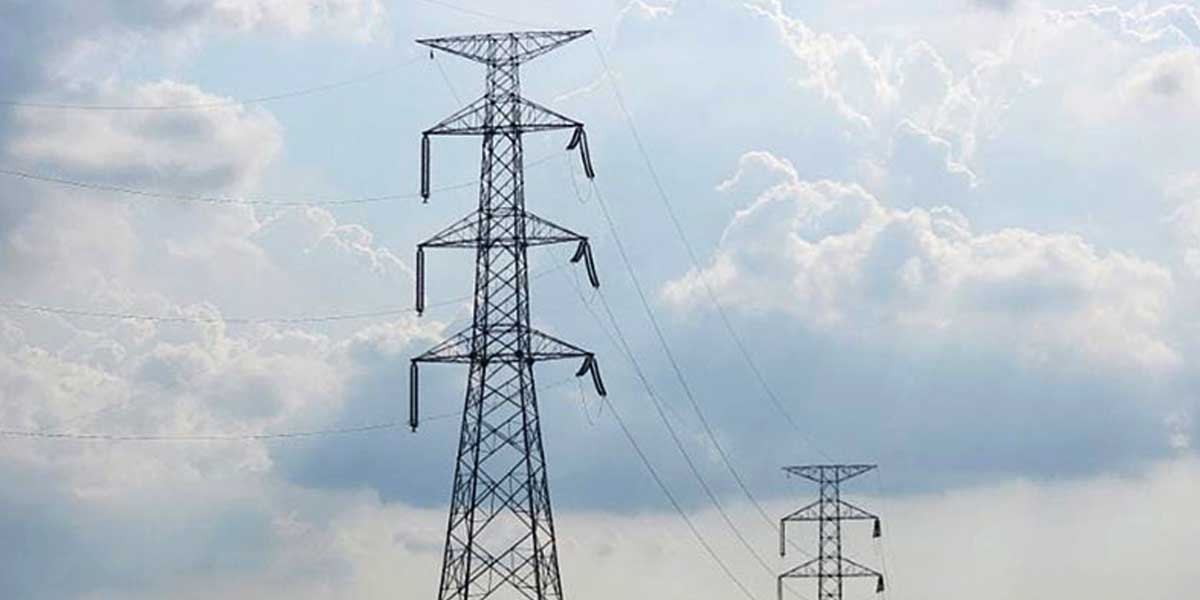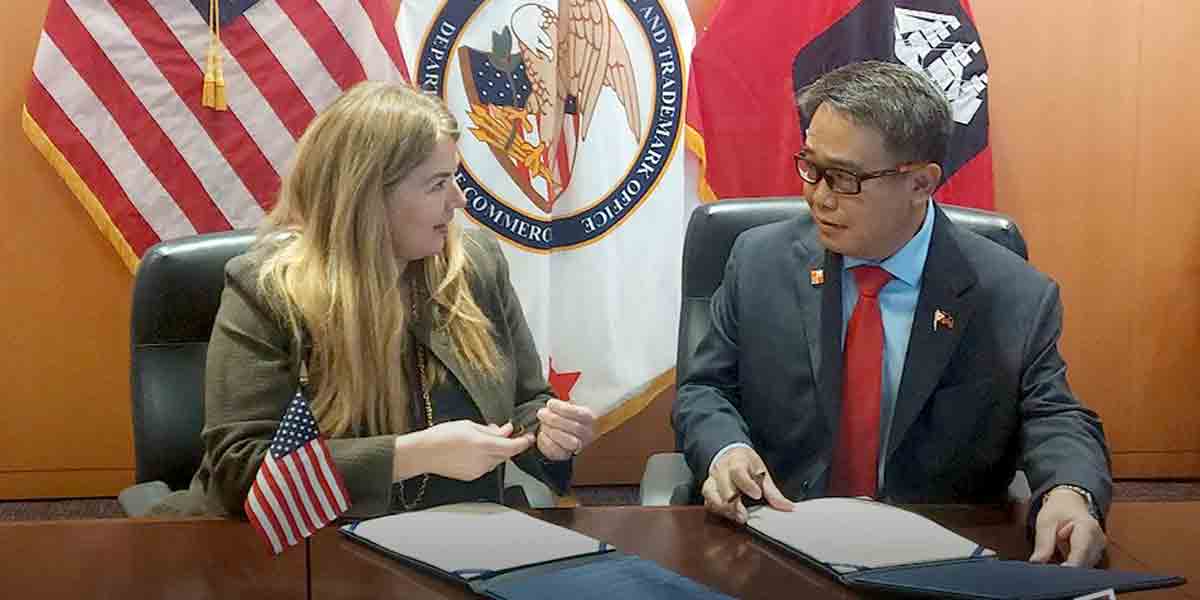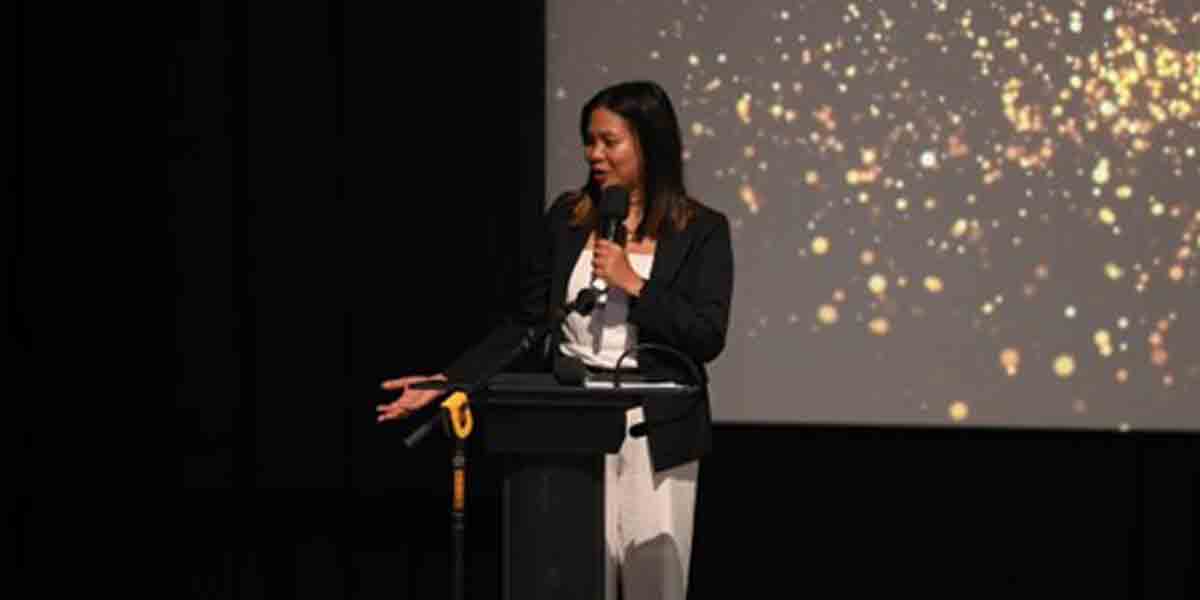Finance Secretary Carlos Dominguez III said Thursday the Philippines looks forward to working with the United Arab Emirates (UAE) in conceptualizing and implementing innovative energy efficiency programs to contribute to the global effort to reverse the devastating effects of climate change.
During the Climate Change Virtual Conference hosted by the UAE Embassy in Manila, Dominguez welcomed the UAE’s ongoing efforts to deploy and use clean energy solutions as one of the main pillars of its model to address the challenge of the worsening climate crisis and significantly reduce its greenhouse gas (GHG) emissions.
UAE, a member of the Organization of Petroleum Exporting Countries (OPEC), unveiled in 2017 a strategy that aims to increase the share of clean energy in its total energy capacity mix from 25 percent to 50 percent by 2050.
It will host the United Nations Climate Change Conference of the Parties (COP) next year.
The Philippines has also been at the forefront of taking concrete actions in the fight against climate change, which has become “a real threat and a daily reality” for the country, said Dominguez.
Dominguez, who is the designated representative of the President to the Climate Change Commission (CCC), cited as an example the municipality of Masantol in Pampanga, where he led this week a team from the CCC and its National Panel of Technical Experts (NPTE) on a visit.
The town has endured prolonged flooding because of climate change.
On top of excessive flooding, storm surges and sea-level rise are among the hazards threatening Masantol’s survival.
Several representatives from the CCC and the NPTE volunteered to stay in Masantol for 2 to 3 months to assess the area firsthand and continuously engage with its residents in order to come up with science-based recommendations and risk-informed solutions to address the town’s flooding problem, Dominguez said.
The perennial flooding in Masantol is not an isolated case as it is happening as well in other parts of the country, he noted.
Dominguez said he expects the recommended solutions of the CCC-NPTE team in Masantol to be replicated, if possible, in other vulnerable communities across the country.
“We will strive to send assistance, one community at a time. This is possible with strengthened coordination and with the guidance of science,” he said in this afternoon’s virtual conference hosted by the UAE Embassy.
“Reversing the trend towards global warming will require the work of generations. It will be hard and interminable work. We have to put in that work to save our planet. There is no other alternative,” Dominguez added.
Dominguez pointed out that the Philippines has been working hard to build practical and localized action plans to help mobilize communities to meet the challenges posed by climate change, as it is among the economies most vulnerable to the ill effects of global warming even though it contributes only 0.3 percent to the world’s GHG emissions.
According to the 2020 World Risk Index, the Philippines ranks 9th out of 181 nations in the world as the countries most affected by extreme weather events.
The Philippine archipelago is also sinking at a rate four times faster than the global average and continues to endure cycles of drought and flooding.
Dominguez said that over the last decade, the Philippines incurred losses and damages from climate-related hazards estimated at about US$10 billion, which is equivalent to an annual average of about US$1 billion.
“For us, turning back the effects of climate change is a matter of survival. We are moving quickly to build the resilience of our communities and participate in the global effort to rescue the planet,” he said.
Dominguez said the Philippines is undertaking a whole-of-nation approach to meet its bold commitment to the international community to reduce its GHG emissions by 75 percent in 2030.
“This, however, requires the financial support of the wealthier countries. We believe that the countries that polluted and continue to pollute the most must bear the greater part of the financial burden of reversing global warming that they started 170 years ago,” Dominguez said.
“The highly industrialized countries have committed to mobilize climate finance worth 100 billion US dollars annually to support greener initiatives. But such financing has taken much time to come. We cannot wait for them to be ready,” he added.
Among the measures initiated by the Philippines is the launching of its Sustainable Finance Roadmap to spur public and private investments in green projects; and its partnership with the Asian Development Bank (ADB) and private sector partners in developing the Energy Transition Mechanism (ETM), which is envisioned to become the largest emission-mitigation program in the world, Dominguez said.
The government is likewise pushing a law banning single-use plastics and has reconstituted the CCC’s NPTE to tap individuals from all corners of the country who are ready to engage fisherfolk and farmers in preparing them to execute localized action plans.
“The effort to end the climate crisis will include changing lifestyles and consumption habits and better management of the waste we generate,” Dominguez said.
Dominguez said the Philippines also recently issued its first-ever sustainability bonds, which was met with strong demand despite volatility in the global markets.
“Proceeds from the issuance will finance or refinance assets under our Sustainable Finance Framework. Our first Environmental, Social and Governance (ESG) bond issuance marks the opening salvo of our efforts to develop the sustainable financing market in the Philippines,” he said.
Dominguez recalled that the Philippine delegation to last year’s COP26 underscored that climate finance should be a sustainable “blended mix” of grants for capacity building, investments in green projects, and subsidies addressing the needs of communities transitioning to a climate-resilient economy.
The Philippine delegation, which Dominguez headed, also proposed that multilateral banks work together in catalyzing financial flows to developing countries to meet their climate change objectives by putting in place vetting processes for projects that enhance trust, enforce transparency and encourage prudence in spending taxpayers’ money.
“Multilateral banks are in the best position to provide a seal of good housekeeping to help spur private investments in green projects,” Dominguez said. (DOF)



















